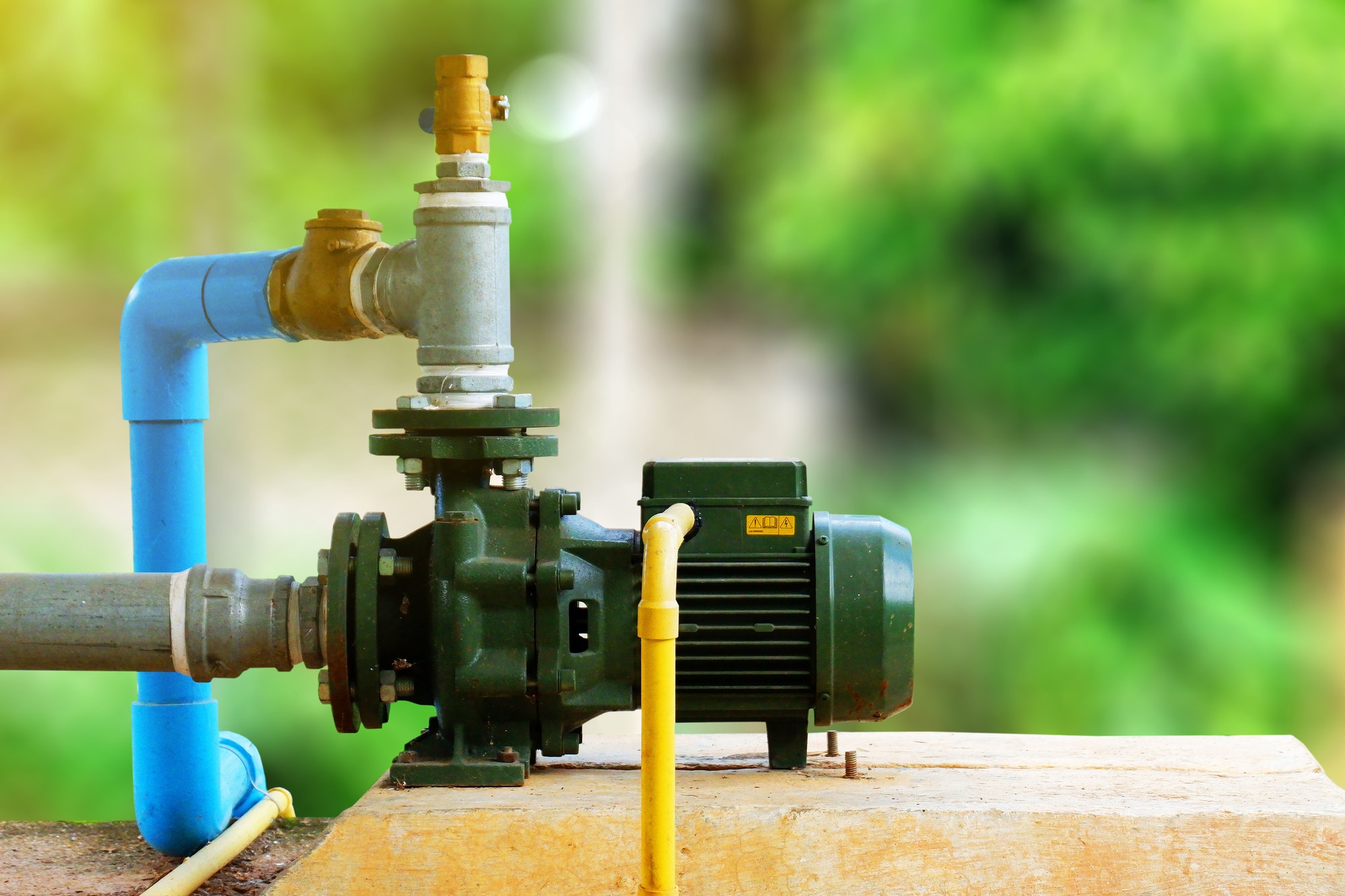Expert Well Pump Repair Services for Reliable Water Supply
A well pump is a crucial component of a private water system, ensuring a steady and reliable water supply for homes, farms, and businesses. When a well pump malfunctions, it can disrupt daily activities and create major inconveniences. That’s why expert well pump repair services are essential for maintaining water pressure, preventing system failures, and ensuring a continuous flow of clean water.
In this article, we’ll explore the importance of professional well pump services, the types of well pumps available, common well pump issues, and how to choose the right service provider to keep your water system running efficiently.
Importance of Well Pump Services
A properly functioning well pump is vital for delivering clean water to households and commercial properties. Here’s why professional well pump services are necessary:
- Consistent Water Supply: Regular maintenance and timely repairs prevent unexpected breakdowns, ensuring uninterrupted water flow.
- Water Quality Assurance: A well-maintained pump helps keep contaminants out of your water supply.
- Energy Efficiency: A failing pump can consume more energy, leading to higher electricity bills. Proper servicing ensures optimal efficiency.
- Prevention of Costly Repairs: Routine inspections and maintenance can detect issues early, preventing expensive replacements and emergency repairs.
- Increased Lifespan: Professional servicing extends the life of your well pump, saving you money in the long run.
Types of Well Pumps
There are different types of well pumps, each suited for specific applications. Choosing the right one depends on factors such as well depth, water needs, and power availability.
1. Jet Pumps
Jet pumps are commonly used for shallow wells (up to 25 feet) and deep wells (up to 100 feet with a two-pipe system). They rely on suction to pull water from the well and use an impeller to generate pressure.
Pros:
- Suitable for homes with shallow or moderately deep wells.
- Can be installed above ground for easy access and maintenance.
Cons:
- Less efficient for very deep wells.
- Requires priming before operation.
2. Submersible Pumps
Submersible well pumps are installed inside the well and push water to the surface rather than pulling it. These pumps are ideal for deep wells (over 25 feet) and are submerged underwater.
Pros:
- More efficient than jet pumps for deep wells.
- Quieter operation since they are submerged.
- Require less maintenance due to their enclosed design.
Cons:
- More challenging to access for repairs.
- Higher upfront cost compared to jet pumps.
3. Hand Pumps
Hand pumps are manual pumps often used as a backup system or in remote areas without electricity. They are reliable for emergency situations and off-grid living.
Pros:
- No electricity required.
- Simple and durable design.
Cons:
- Requires manual effort to draw water.
- Limited water output compared to electric pumps.
4. Solar-Powered Pumps
Solar-powered well pumps are an eco-friendly option that uses solar panels to generate energy for pumping water. They are ideal for remote locations or areas with unreliable electricity.
Pros:
- Sustainable and energy-efficient.
- Reduces reliance on the power grid.
Cons:
- Initial setup costs can be high.
- Requires adequate sunlight for optimal performance.
Common Well Pump Issues
Over time, well pumps can develop problems that affect water flow and system performance. Here are some common issues and their potential causes:
1. No Water or Low Water Pressure
Possible causes:
- Power failure or tripped circuit breaker.
- Clogged or damaged pipes.
- Worn-out pump components.
- Well running dry due to overuse.
2. Pump Continuously Running
A well pump that runs non-stop can increase energy consumption and wear out quickly. Possible causes:
- Faulty pressure switch.
- Waterlogged pressure tank.
- Leak in the well piping.
- Drop in well water level.
3. Dirty or Cloudy Water
Possible causes:
- Sediment buildup in the well.
- Cracked well casing allowing contaminants.
- Failing filtration system.
4. Strange Noises or Vibrations
Unusual noises from the pump could indicate:
- Loose or broken pump parts.
- Air in the system.
- Impeller damage.
5. Intermittent Water Flow
If your water supply fluctuates, the problem may be:
- A failing pressure switch.
- Electrical issues with the pump motor.
- Water table fluctuations.
Choosing the Right Well Pump Service Provider
Selecting a professional well pump service provider is crucial for ensuring reliable repairs, maintenance, and installation. Here’s what to look for when hiring a well pump service company:
1. Experience and Expertise
Look for professionals with extensive experience in well pump installation, maintenance, and repair. An experienced technician can diagnose and fix issues more efficiently.
2. Licensing and Certifications
Ensure the service provider is licensed and certified to perform well pump services in your area. Proper credentials indicate professionalism and compliance with industry standards.
3. 24/7 Emergency Services
Since well pump failures can happen at any time, choose a company that offers emergency services for urgent repairs.
4. Customer Reviews and References
Check online reviews and ask for references from past clients. Positive testimonials indicate reliability and quality service.
5. Warranty and Service Guarantee
A reputable company should offer warranties on parts and labor. This ensures that any future issues are covered without additional costs.
6. Comprehensive Services
A good well pump service provider should offer:
- Installation of new pumps.
- Routine maintenance and inspections.
- Repairs and replacements.
- Water testing and filtration system installation.
Preventative Maintenance Tips for Well Pumps
Regular maintenance can help extend the life of your well pump and prevent costly breakdowns. Here are some essential maintenance tips:
- Inspect the pressure switch regularly for proper functioning.
- Check for leaks in the well piping to prevent water loss and pressure issues.
- Flush the well system annually to remove sediment and bacteria buildup.
- Test water quality periodically to ensure safe and clean drinking water.
- Keep the area around the well clear to prevent debris from contaminating the water source.
Conclusion
A reliable well pump is essential for maintaining a steady water supply for your home, farm, or business. Whether you need a new installation, routine maintenance, or emergency repairs, expert well pump services ensure that your system functions efficiently.
By understanding the different types of well pumps, common issues, and the importance of professional servicing, you can keep your water system running smoothly. Choosing a reputable well pump service provider will help you avoid costly disruptions and ensure long-term performance. Prioritizing regular maintenance and timely repairs will safeguard your water supply and provide peace of mind for years to come.

